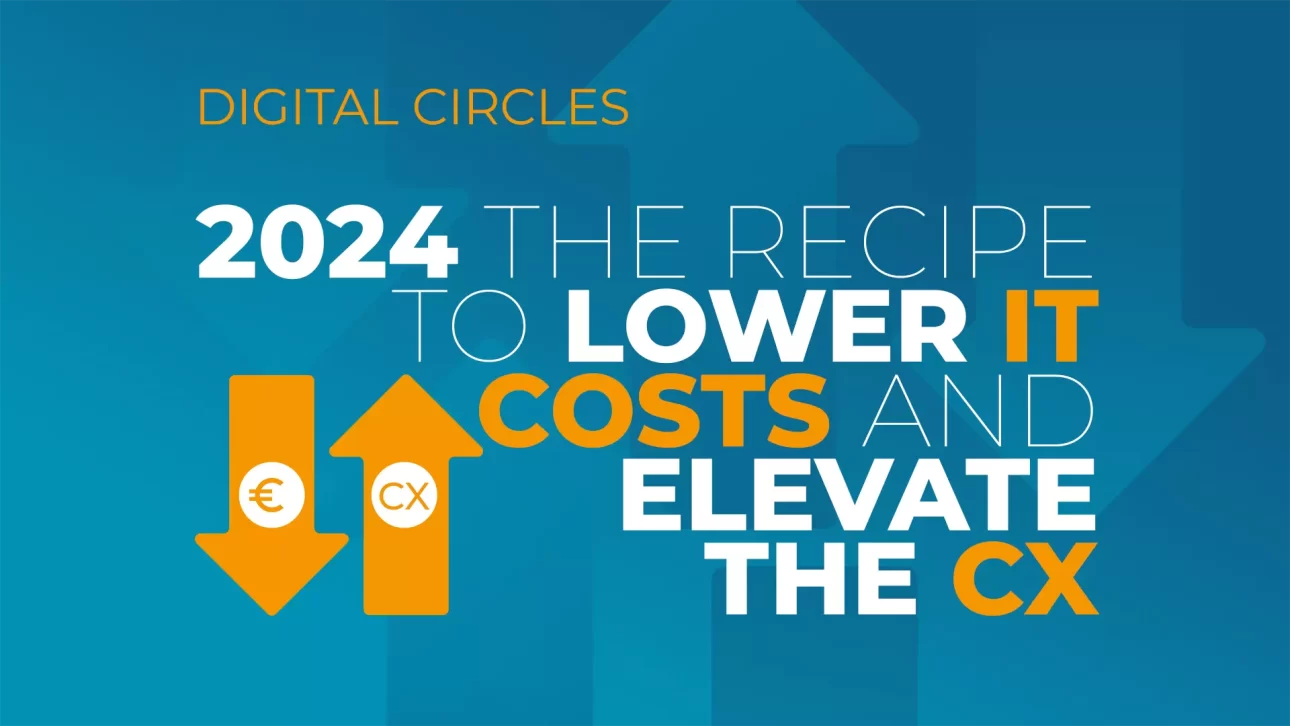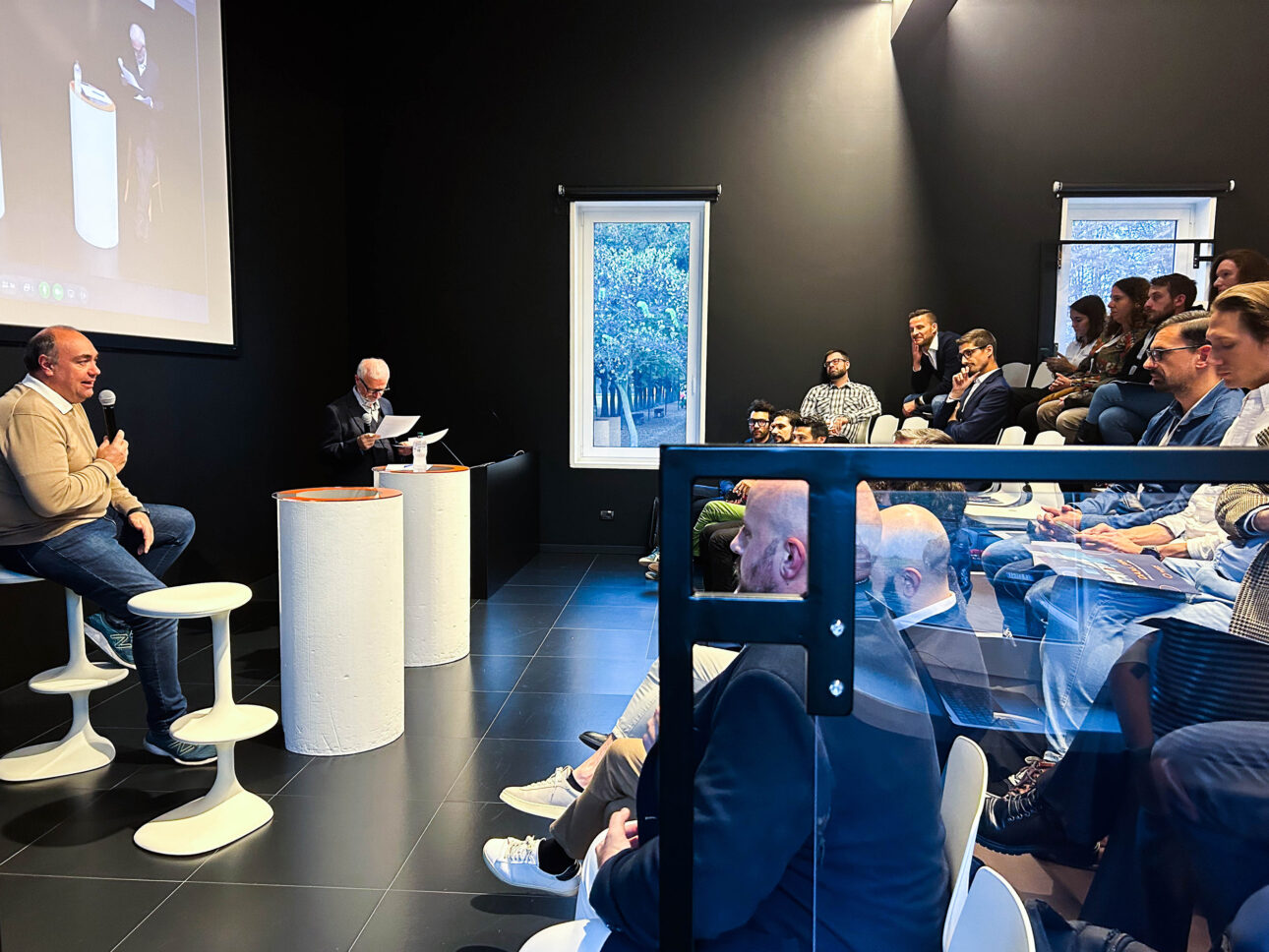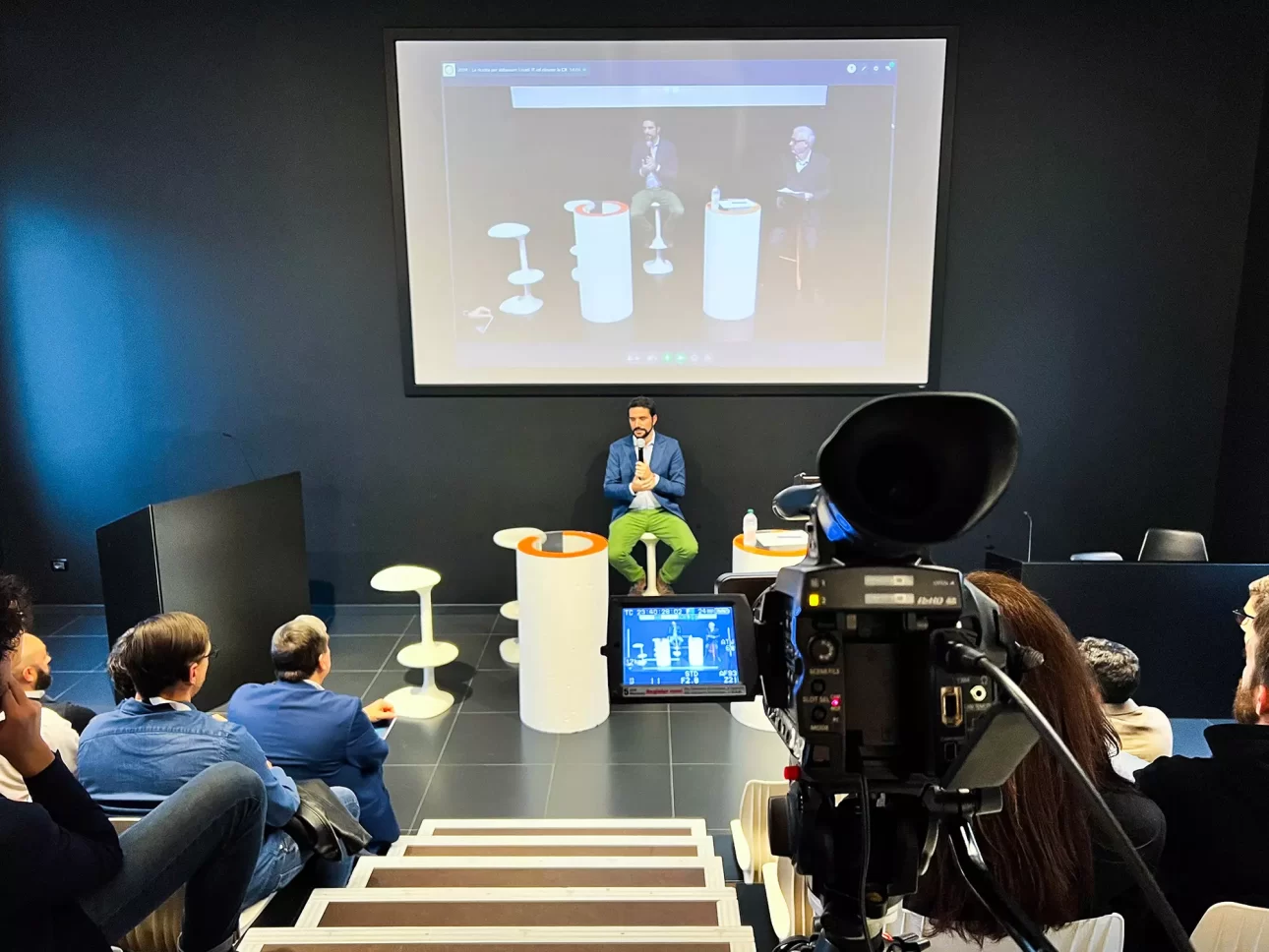
On 26 October, our round table “The recipe for lowering IT costs and raising CX in 2024” was held.
It was an opportunity to reflect with partners and customers from various sectors, such as fashion, furniture and manufacturing.
Here are some of the insights we took home regarding the vision that those around us have on the issues we hold most dear. Digital Asset Management and Product Information Management.
Some companies, very few, have an explicit technological need. The vast majority, on the other hand, have a latent one.
This is the picture of the DAM and PIM market according to Claudio Tonti, Head of Products, Digital Strategy and R&D at Websolute.
A good way to understand if your company has an unexpressed need is to ask yourself what the value of your digital assets is, measured by the time it takes to create, manage, research and publish them.
The higher the value, the greater the likelihood that it is economically worthwhile for the company to have a solution to govern content, especially in the presence of significant volumes.

Especially with the rise of the cloud, buying software is now easier and faster.
However, Andrea Faliva, CEO of Palazzina Creativa, emphasised that buying software is not enough to reap the benefits of digitisation; it needs to be adopted by all teams, not just those most typically involved when talking about DAM software and/or PIM software.
So? OK the focus on marketing, but pay attention to areas such as commercial and technical.

According to the experience of Matteo de Franceschi, Digital Project Manager at FITT Spa, especially in a large organisation, the ideal is a progressive adoption, one team at a time.
For them, it all started with headquarters and marketing, which gradually made the customer service team autonomous in accessing the assets on demand.
This was followed by R&D and Quality, which now enrich the content with product information such as certificates and data sheets directly from a single platform.
Only after a central consolidation did the adoption touch new shores, those of the divisions scattered around the world. All this, always under a watchful eye on the IT front.
Carlo Antonelli, E-commerce & Digital Director at PLATUM, has said it many times.
To understand, measure and explain the return on investment of digital, one needs to question the difference in manual work that precedes and follows the adoption of a technology platform.
Speaking of DAM and PIM, a key element is research.
PLATUM found a 97 per cent reduction in time to search for assets and product data; especially thanks to the total centralisation and AI-based automatic tagging of content.

It is well known: communicating and selling online, content proliferation is the order of the day.
A widespread situation, especially among design and furniture brands, which, as Marketing Manager Simone Goffo tells us, Lago has tackled head-on.
The centralisation of any content and product data, combined with versioning – which allows access to the various versions of a file on the fly without generating copies – has reduced the several thousand units that make up the company’s information assets by 75%.

Marco Frealdo, E-commerce Manager at Autry was very clear.
In order to increase the turnover of an online shop, it is crucial to govern the entire content lifecycle, because they are the bridge between customers and digital shopping carts.
Collaboration and delivery must be worked on.
Because, in addition to the quality of the assets, two aspects are crucial.
The speed with which they are approved; in Autry’s case, hundreds of photo shoots to be realised in a tight timeframe. And that with which they are distributed, avoiding delays in B2B and B2C campaigns.

An important lessons for retail from the Atlas Concorde experience.
During the round table, Riccardo Barbieri, Digital Marketing Specialist, told that the brand’s stores were not enough to enhance the wide range offered to customers.
A challenge overcome thanks to digital walls integrated with the Digital Asset Management system, which expand the boundaries of the display space and allow sales consultants to present the entire product catalogue, simulating its use in various settings.
All this, with maximum control of brand policies.
To close this roundup of insights, an excerpt from the words of our Head of Sales & Customer Success, Antonio Comelli, who defined the benefits of governance:
Governance that, as witnessed by the interventions of some of our customers, guarantees a unique platform such as THRON.

That’s all for this year. But don’t worry.
We are already at work to realise, over the next twelve months, new opportunities for digital contamination, just like this round table.
By the way, we would like to take the opportunity of these lines to once again thank the speakers and client companies, who made a real opportunity for mutual exchange possible.
Let’s be honest: we are already looking forward to repeating it 🧡